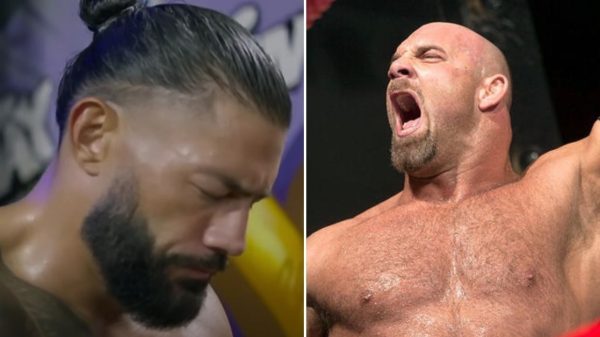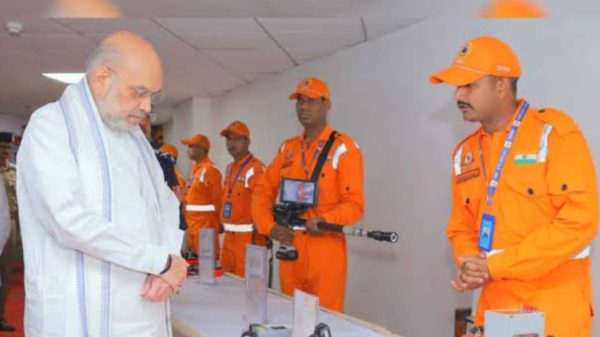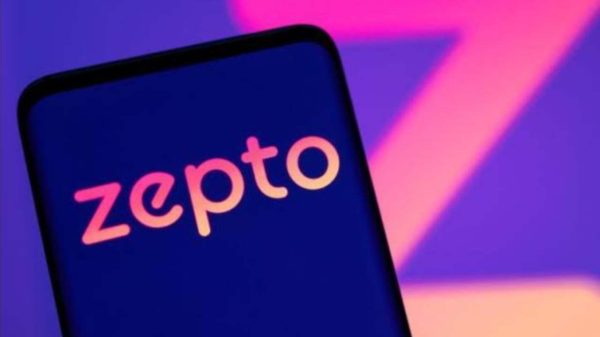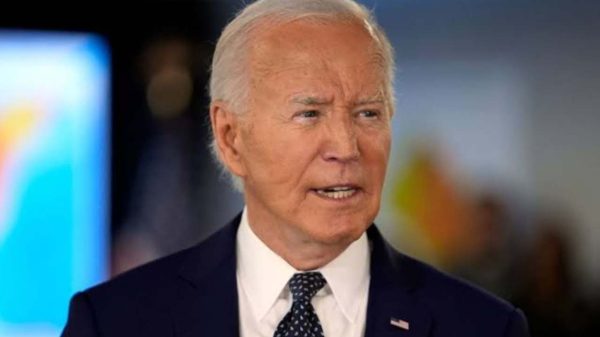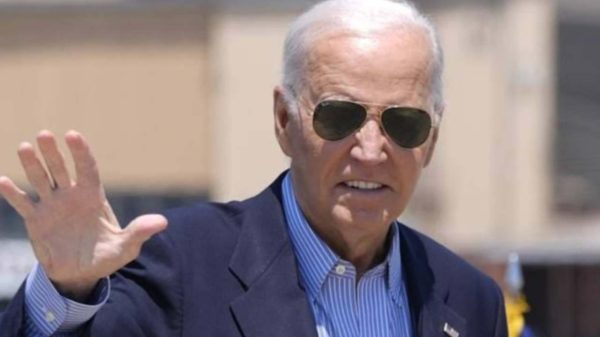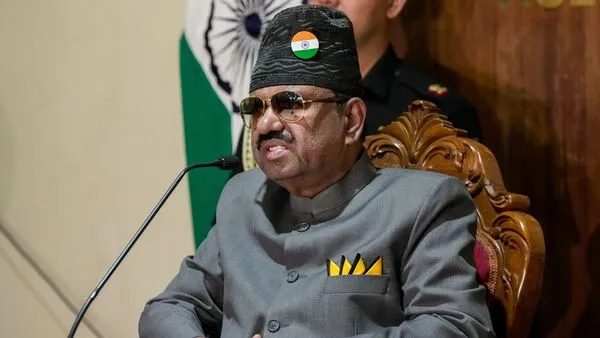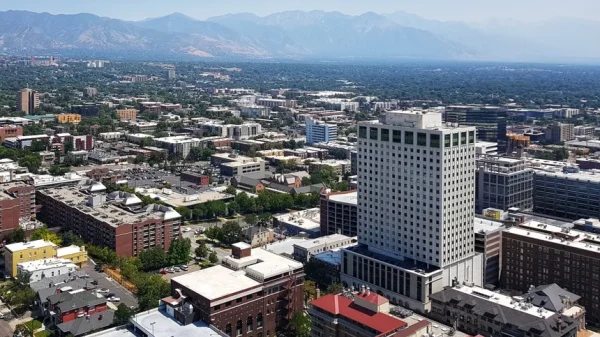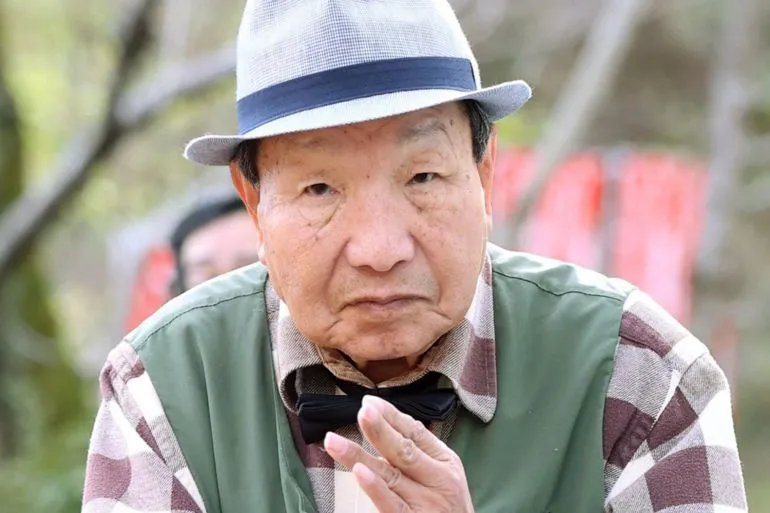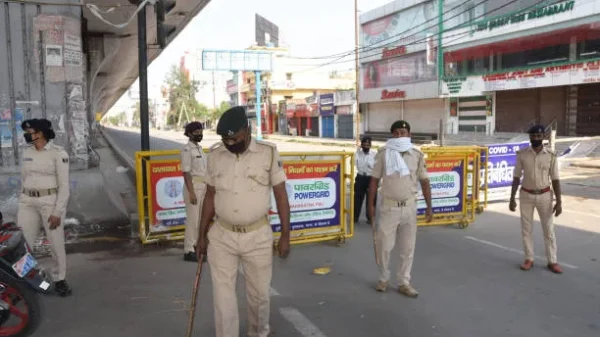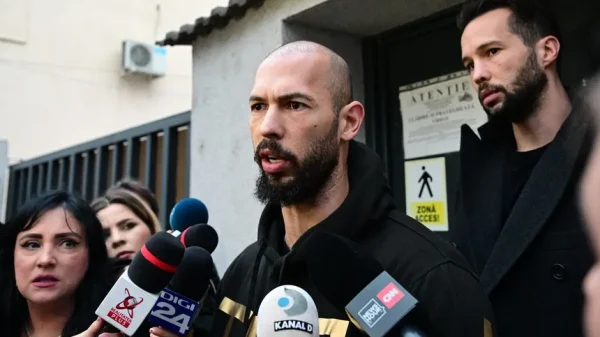Japanese prosecutors have announced that they will not appeal the acquittal of Iwao Hakamada, the world’s longest-serving death row inmate, in a retrial that took place in October. Hakamada, an 88-year-old former boxer, was convicted of murder in 1968 and spent over 45 years on death row before being found not guilty by the Shizuoka District Court. The court’s decision concluded that police and prosecutors collaborated in fabricating and planting evidence against Hakamada, with the court stating that he was forced into confession by violent, hours-long interrogations.
The prosecutor-general, Naomi Unemoto, expressed remorse for putting Hakamada in a “legally unstable situation for an extremely long time”. Unemoto also apologized for the lengthy court process and pledged to investigate why the retrial took so long. The apology marks a significant departure from the typical Japanese culture of silence and shame surrounding official errors.
Hakamada’s sister, Hideko Hakamada, is “delighted” that the case is finally closed, saying “I kind of knew this was going to happen”. The announcement brings closure to a case that has been ongoing for over half a century, with many criticizing the excessive length of time it took for the trial to come to a conclusion.
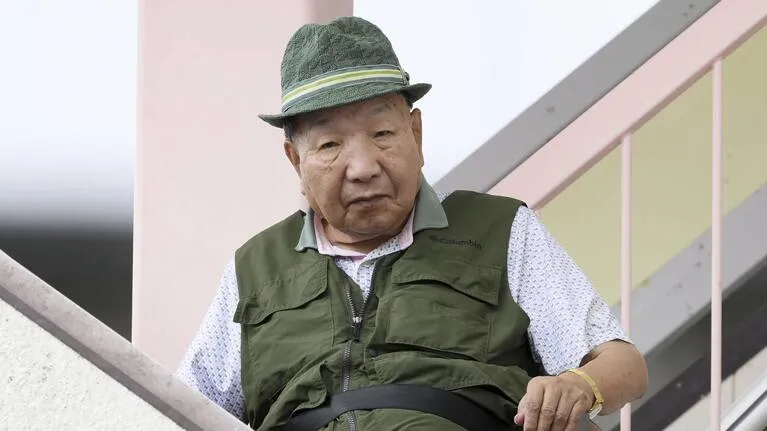
Iwao Hakamada (Image via Getty)
Hakamada’s defense team is now considering filing a damages suit against the government and Shizuoka prefecture over the collaboration of prosecutors and police in fabricating evidence. The team believes that the government and prefecture engaged in a “criminal act” by sending an innocent man to death row.
The acquittal highlights the Japanese justice system’s flaws, particularly the culture of conviction and the often-overwhelming power of prosecutors. Hakamada’s case is the fifth death row acquittal in post-war Japan, where prosecutors have an exceptionally high conviction rate of over 99%.
As the case is now closed, Hakamada is entitled to receive government compensation of up to 200 million yen ( approx. £1.03 million). The outcome represents a significant victory for Hakamada and a chance for him to finally have his innocence recognized and compensated for the traumatic experiences he endured during his incarceration.




